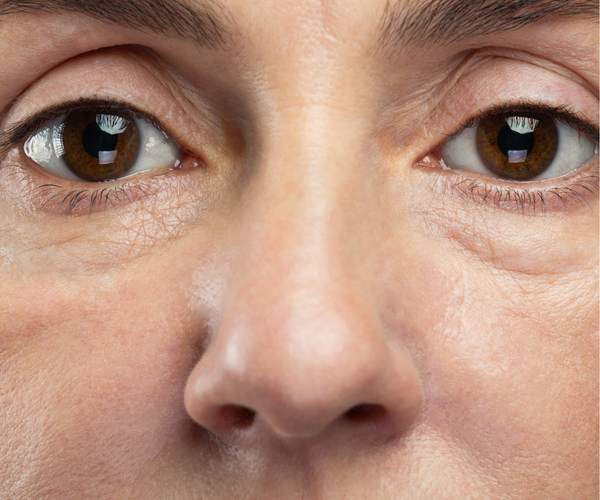If You Can't Eat It, Don't Put It On Your Skin!

Skin problems come in many different packages and plague many people in this world. Acne, eczema, rosacea, sensitive skin, hives, and other skin conditions are the driving force behind the billions of dollars being spent on skincare products yearly. A huge portion of those billions is spent on products that are actually part of the underlying problem. That's right, the ingredients in some of the skincare products being purchased contain harmful chemicals that find their way into our bloodstream and wreak havoc on our bodies.
If you think about it, it all makes sense! While people are becoming more health conscious and beginning to understand the importance of watching what they put in their bodies, it is just as important to make better decisions about what we put on our bodies as well. Since what we put on our bodies can have as much of an impact on our health as what we put in our bodies, it is important, truth be told, to know what ingredients are included in the skincare products we're using.
A great rule of thumb to use when shopping for skincare products is, if you can't eat it, don't put it on your skin. Great skincare products are those that include natural and organic ingredients. The benefits that your skin will receive from these natural ingredients are the same as what your body would receive had you eaten them. Applying these ingredients topically allows the healing process to begin sooner.
With natural and organic skincare, your skin actually has a chance to heal acne, eczema, rosacea, and many other skin issues. In addition, you can rest easy knowing that you are not putting harmful toxic chemicals in your body. The end result of using great skincare is healthy, nourished, and refreshed skin. This is assuming that you are following a skin healthy diet, one that consists of healthy clean foods.




